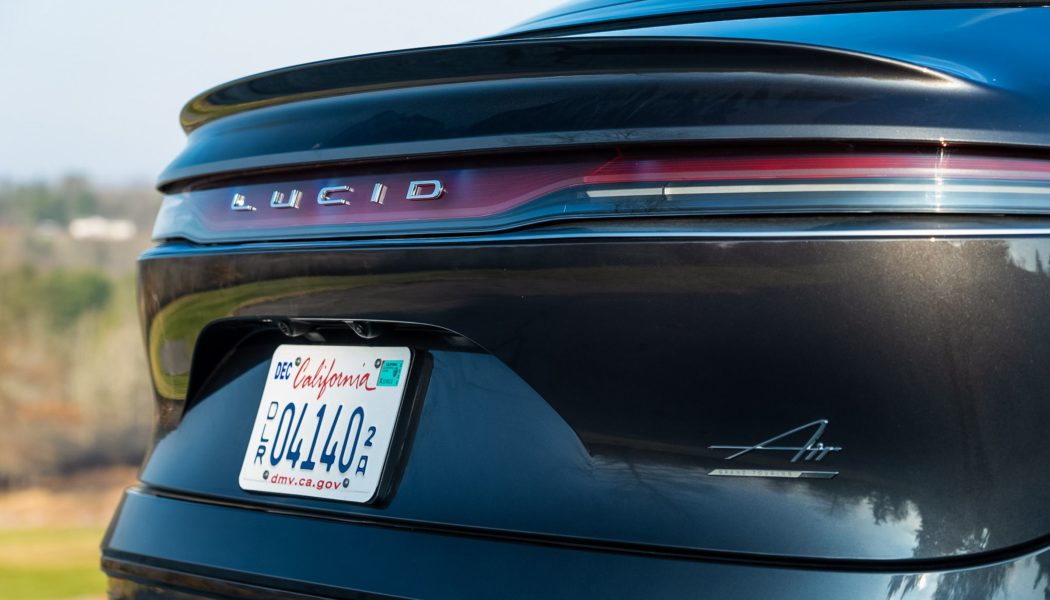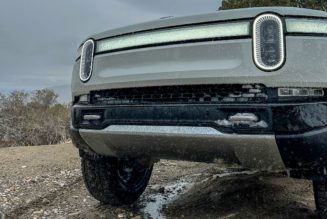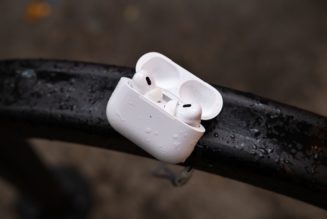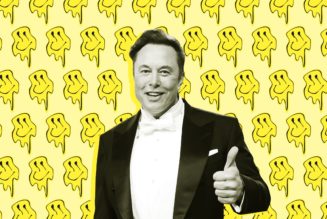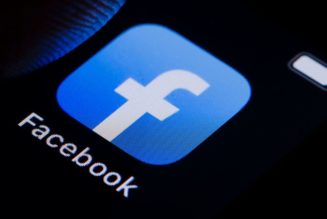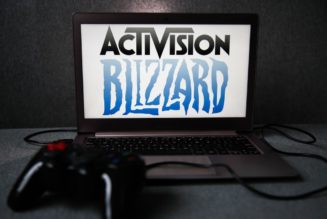Employees and contractors from every level of the electric car company will be affected.
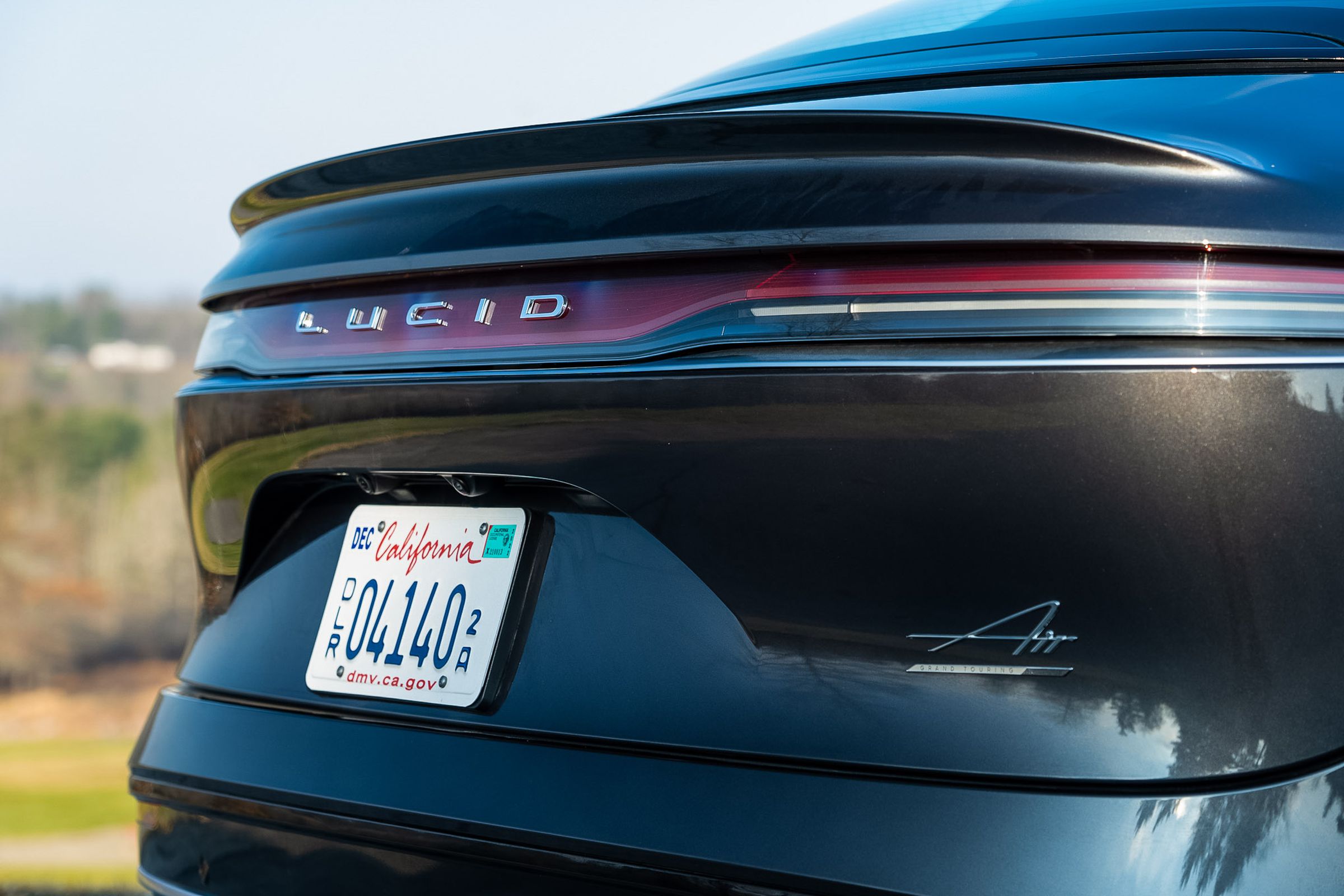
Lucid, the EV startup behind the Air sedan that competes with the Tesla Model S, has announced that it’s laying off around 1,300 employees, or 18 percent of its workforce, within the next few months. According to an email from CEO Peter Rawlinson, which was attached to a regulatory filing, the cuts will affect employees and contractors “in nearly every organization and level, including executives.”
Rawlinson says employees will hear more about the layoffs over the next three days, and the filing says the restructuring should be complete “by the end of the second quarter of 2023.” The email says that employees who are let go will receive “career resources, Lucid-paid healthcare coverage continuation, and acceleration of equity,” and the filing says that the company plans to spend around $24 million to $30 million in “charges related to employee transition, severance payments, employee benefits, and stock-based compensation.”
For those who’ve been following Lucid, this doesn’t necessarily come as a surprise. Rawlinson says the layoffs are “aligned with the cost discipline announcement we made in late February when we reported earnings,” when it also announced that it had burned through around $2.6 billion over the fiscal year 2022.
The company’s also been struggling to get cars built and into customers’ hands — in February, it reported having over 28,000 reservations but said it would only be able to produce 10,000 to 14,000 vehicles throughout 2023. Even that would be a big step up, given that it made 7,180 vehicles in 2022 and delivered around 4,300 of them.
The company also took another hit this week, announcing a recall on around 600 vehicles to fix a problem that could lead to them losing power.
Lucid is far from the only automaker making substantial cuts. Within the past year Ford has laid off around 3,000 workers, GM offered buyouts to many of its staff as part of a plan to cut its budget by $2 billion, Stellantis announced plans to halt a plant, and Tesla has carried out a round of layoffs. Other startups have also been struggling. Arrival laid off half its workforce, and Rivian cut six percent of its staff — twice.
